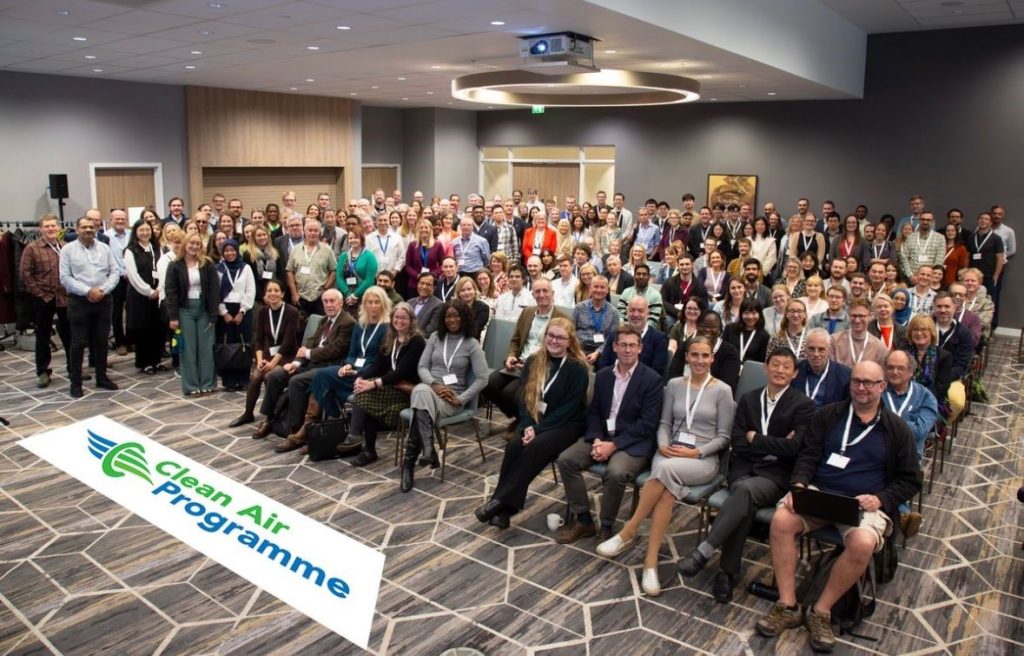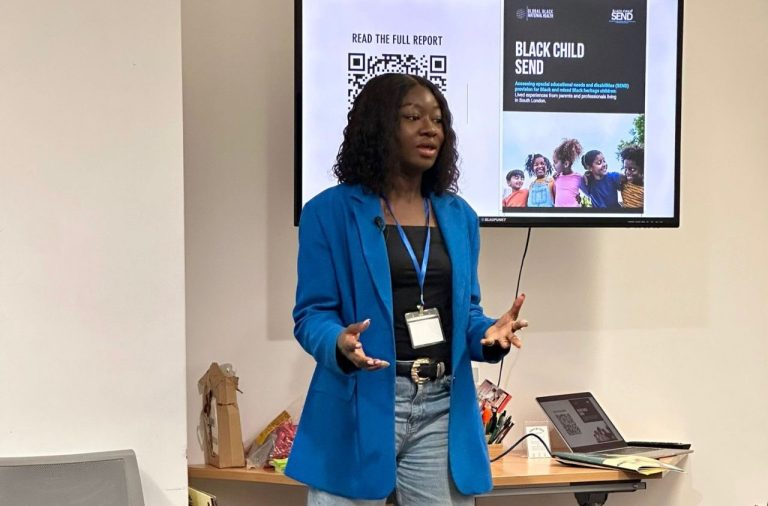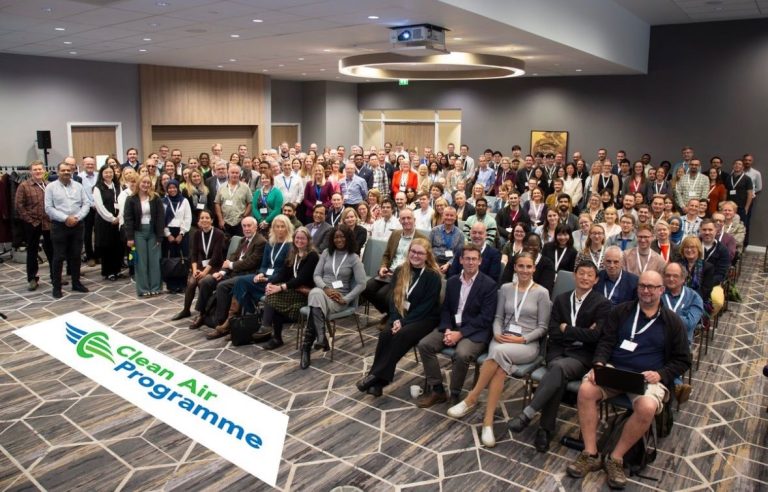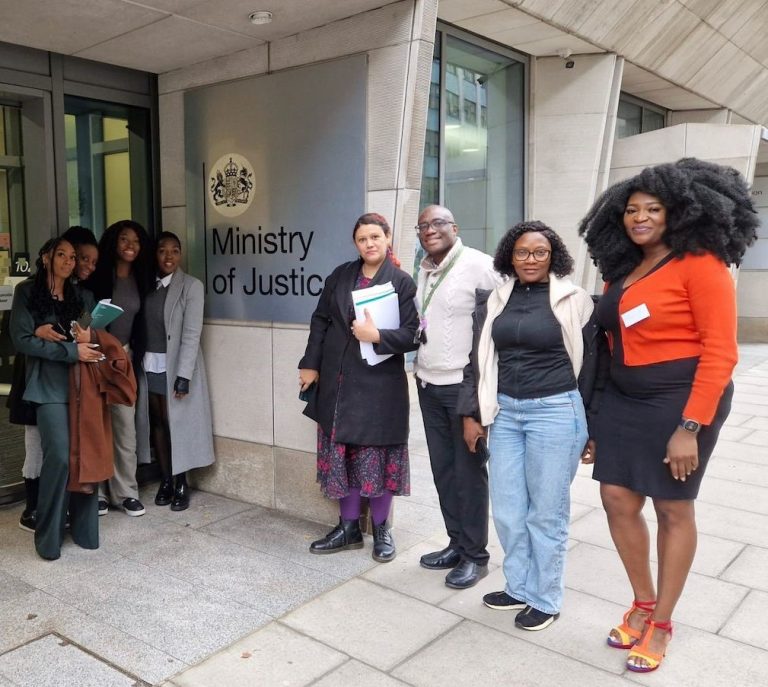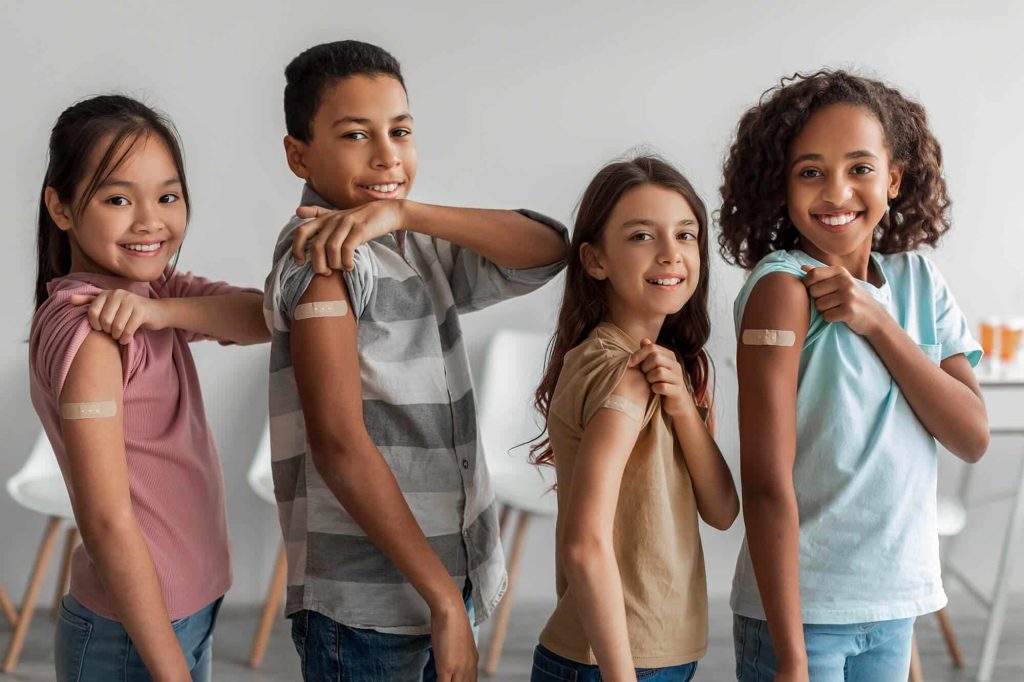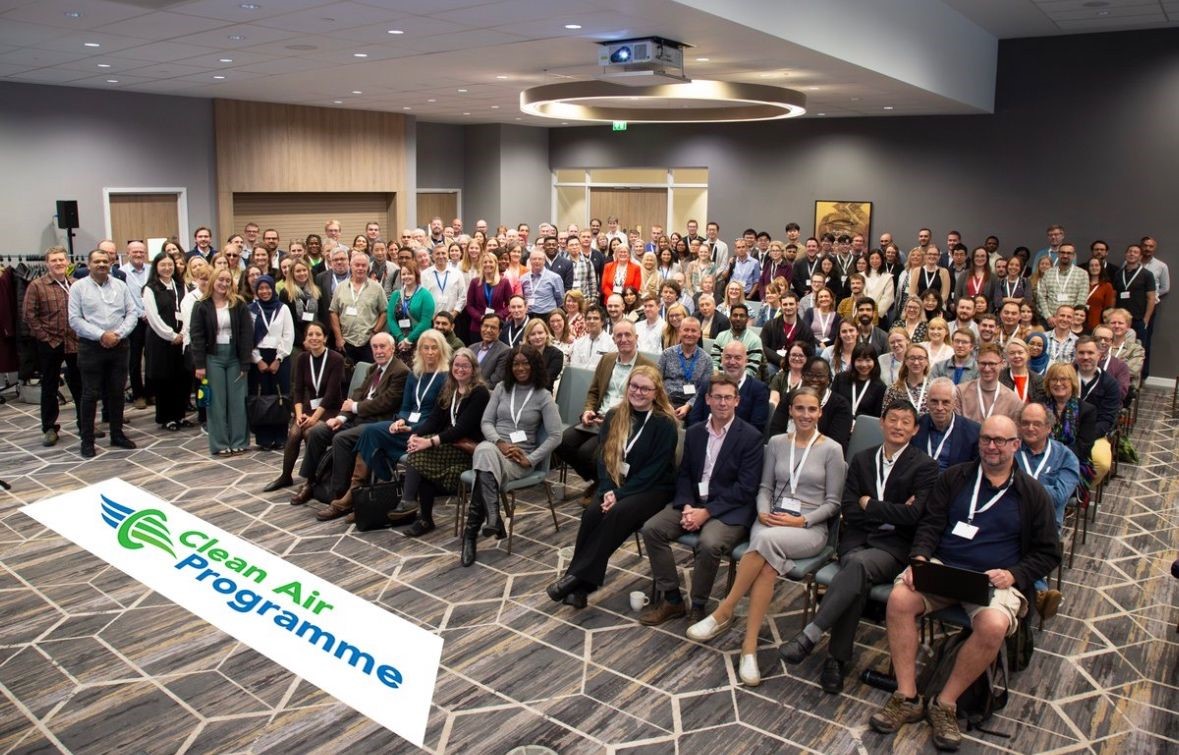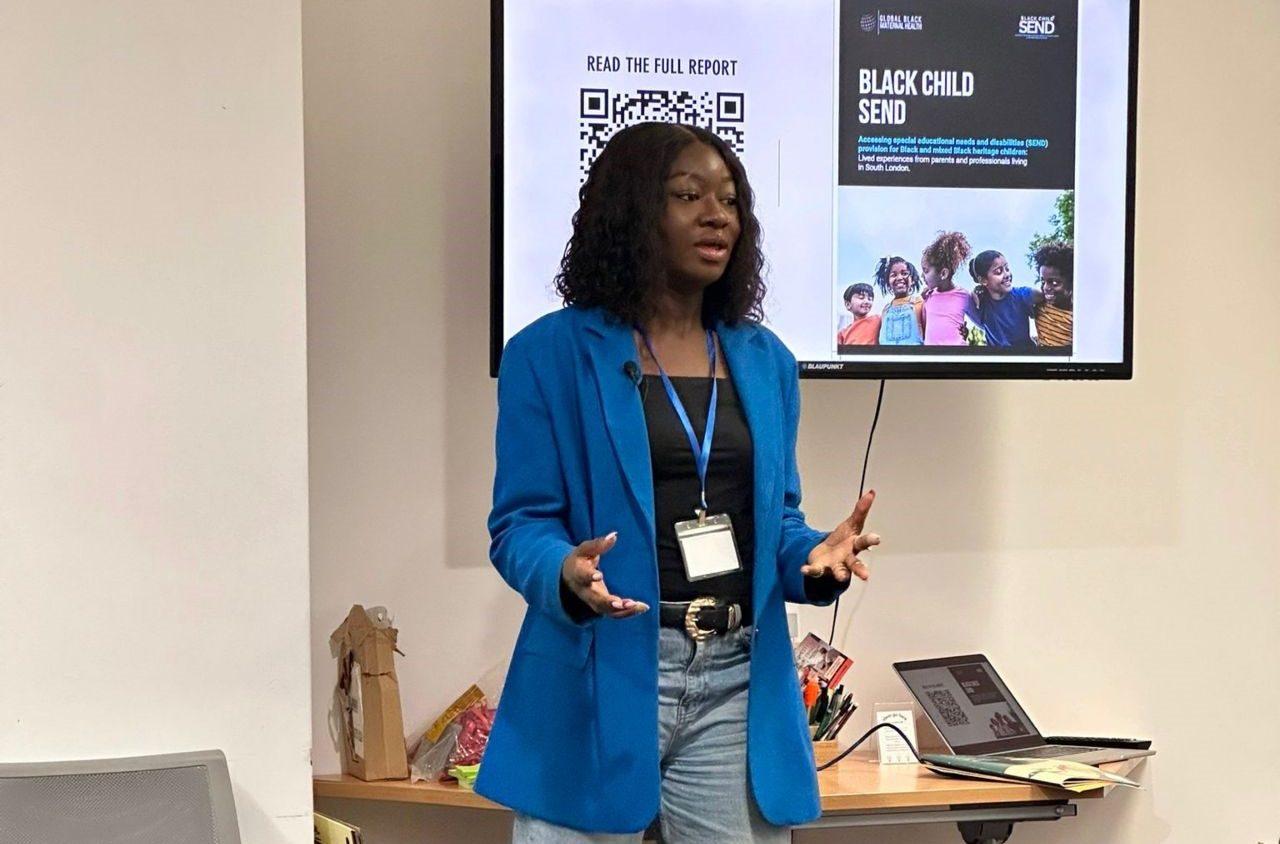In October our CEO had the incredible honour of speaking at the UK Clean Air Conference in Birmingham, sharing the stage with esteemed experts including Sir Michael Marmot and Sir Stephen Holgate. This was the largest air pollution research event in the UK, featuring over 70 speakers committed to tackling one of the most pressing public health challenges of our time.
You simply can’t talk about health equity without addressing the environments in which communities live, especially when these environments increase the risk factors for illness.
For many Black communities, structural inequalities mean we are more likely to live in areas exposed to higher levels of air pollution and other environmental hazards. These factors contribute to a range of health issues that disproportionately affect Black people in the UK, including higher rates of asthma, cardiovascular disease, hypertension, and type 2 diabetes.
In relation to maternal and child health, the risks are even more severe. Black women are at higher risk of preterm birth, low birth weight, stillbirth, and preeclampsia, while our children are more likely to develop respiratory problems, such as childhood asthma.

In addition, Black women are still three times more likely to die during pregnancy and childbirth compared to their white counterparts, as highlighted in the MBRRACE-UK Perinatal Mortality Surveillance Report. And Black communities in cities like London are three times more likely to breathe illegal levels of air pollution, according to ClientEarth and research from King’s College London.
These interconnected issues underscore the need to address the environmental and social determinants of health that exacerbate these disparities. Which is why at the conference, I stressed how vital it is for race equity to be a key part of clean air discussions.
As Sir Michael Marmot said, “Why treat people and send them back to the conditions that make them sick?” If we truly want to close the health gap in the UK, we need to address these upstream factors—housing inequality, income disparities, and, most importantly, equitable access to clean air.

It was a privilege to contribute to this critical conversation and ensure the voices of our community are included in these conversations (www.blackchildcleanair.com).
Clean air is a human right, and it’s time we ensure that everyone, regardless of race, social economic status or background, has access to it.

